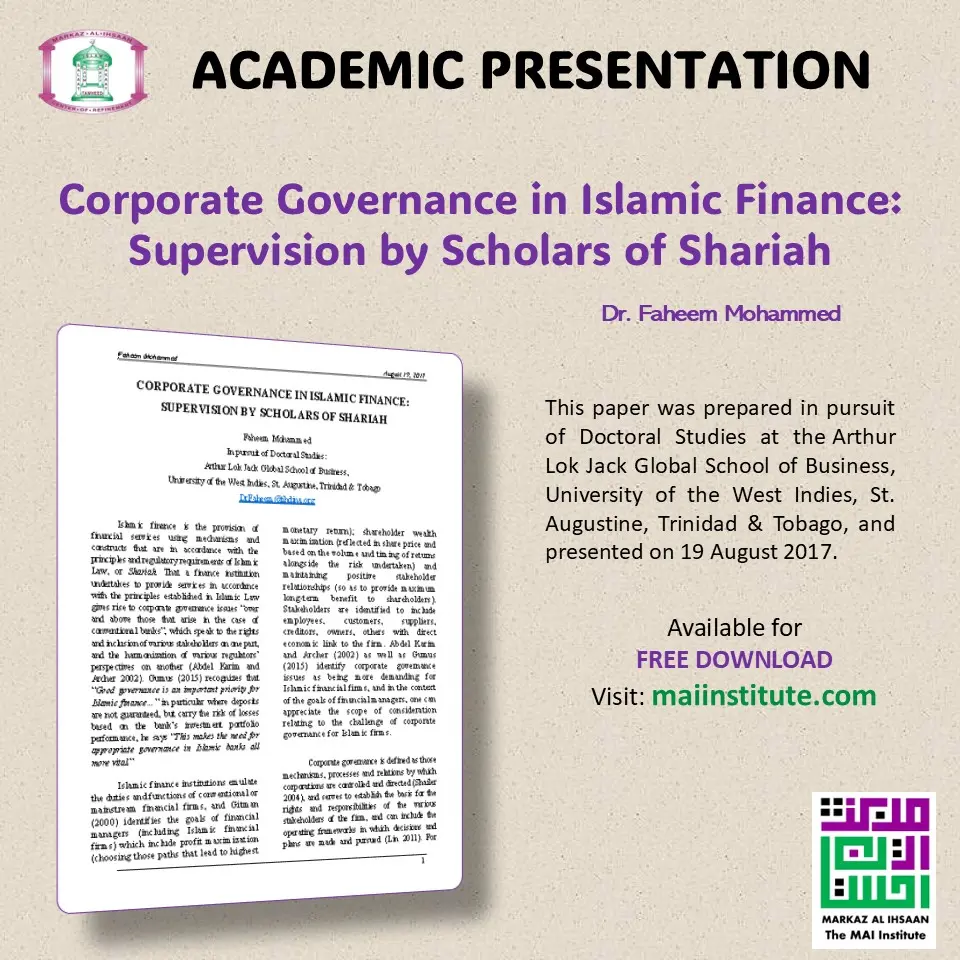Corporate Governance in Islamic Finance
Islamic finance provides financial services in accordance with Shariah (Islamic law) principles, which prohibit interest (riba) and speculative risk, and require profit/loss sharing and linkage to real assets. This distinct ethical foundation creates unique corporate governance challenges that extend beyond those of conventional finance. A central issue is the critical role of Shariah supervisory boards, which ensure compliance but face a severe shortage of qualified scholars, potential conflicts of interest, and a lack of standardized global qualifications.
Furthermore, the industry grapples with the tension between adopting international standards like Basel, which are designed for conventional, debt-based systems, and developing its own tailored frameworks. Global bodies like the IFSB and AAOIFI have emerged to set voluntary standards, but widespread mandatory adoption remains elusive, leading to fragmentation across jurisdictions. Key unresolved questions include whether governance should be principles-based or rules-based, and how to standardize products and scholarly interpretations without stifling innovation.
Ultimately, strengthening governance through enhanced scholar training, robust regulatory frameworks, and greater standardization is vital for the industry's stability, growth, and ability to achieve its broader economic objectives, positioning Islamic finance as a significant contributor to the global financial system.
This paper was presented at a Doctoral Seminar on Financial Management at the Arthur Lok Jack Global School of Business,University of the West Indies, St. Augustine, Trinidad & Tobago on 19 August 2017.
